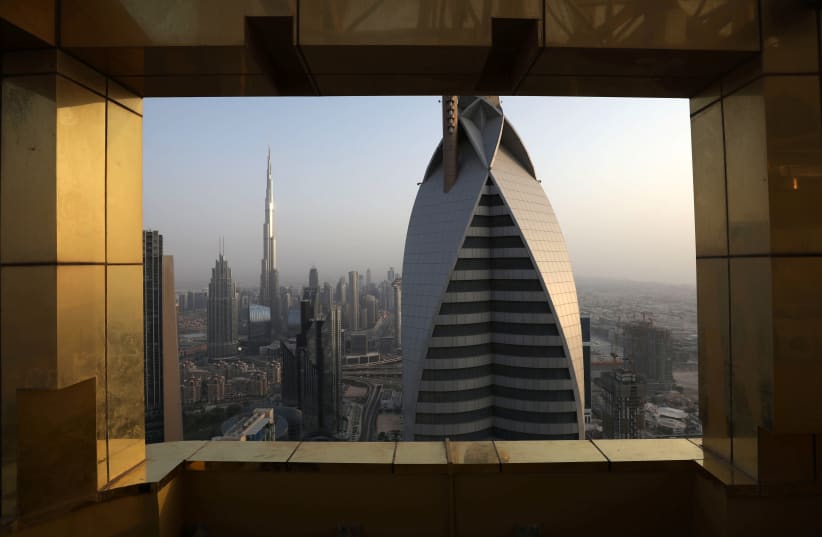Over the weekend, United Arab Emirates President Khalifa bin Zayed Al Nahyan officially denounced an economic boycott against Israel, allowing trade and financial agreements between the countries in another key step toward normalization ties.The president issued a decree abolishing a boycott law as part of “the UAE’s efforts to expand diplomatic and commercial cooperation with Israel, leading to bilateral relations by stimulating economic growth and promoting technological innovation,” the WAM news agency said.Prime Minister Benjamin Netanyahu also praised the decision, calling it “an important step towards promoting prosperity and peace in the region.”Foreign Minister Gabi Ashkenazi said the move will “bring economic and trade successes for both nations.” He called on other countries in the Middle East to follow the Emirates’ “brave path.”Israel and the UAE said on August 13 they would normalize diplomatic relations in a deal brokered by US President Donald Trump that reshapes the order of Middle East politics from the Palestinian issue to the fight against Iran.Before the August 13 deal can be officially signed, details must be agreed on regarding issues such as the opening of embassies, trade and travel links.Israel’s Channel 13 TV said bilateral trade could initially be worth $4 billion a year, a figure it said could soon be tripled or quadrupled.Lahav Harkov, Omri Nahmias and Reuters contributed to this report.يشكّل الاقتصاد الحر واللقاء بين الناس والآراء أساس التقارب والتعاون القوي. الغاء قوانين المقاطعة من قبل اتحاد الامارات هو مثال لكل مؤيدي المقاطعة والكراهية ويؤكد أن هناك طريقة اخرى.@uaetolerance @MohamedBinZayedhttps://t.co/tPmkqiIqf2
— Orit Farkash Hacohen אורית פרקש הכהן (@FarkashOrit) August 29, 2020
Strategic affairs minister thanks UAE for cancelling boycott in Arabic
Prime Minister Benjamin Netanyahu also praised the decision, calling it “an important step towards promoting prosperity and peace in the region.”
